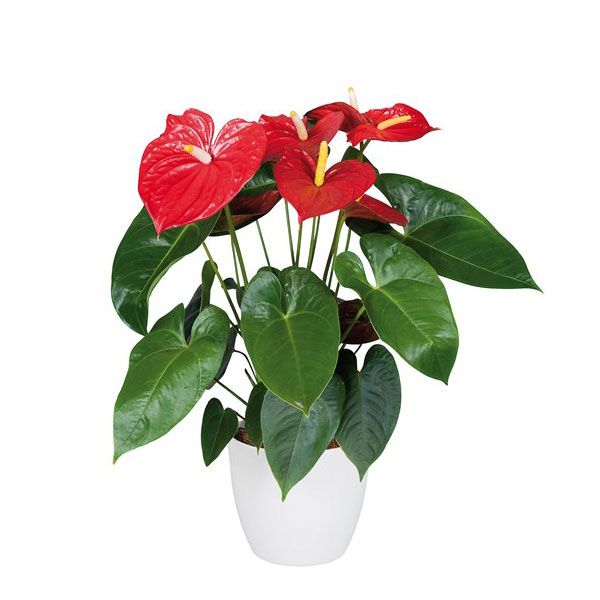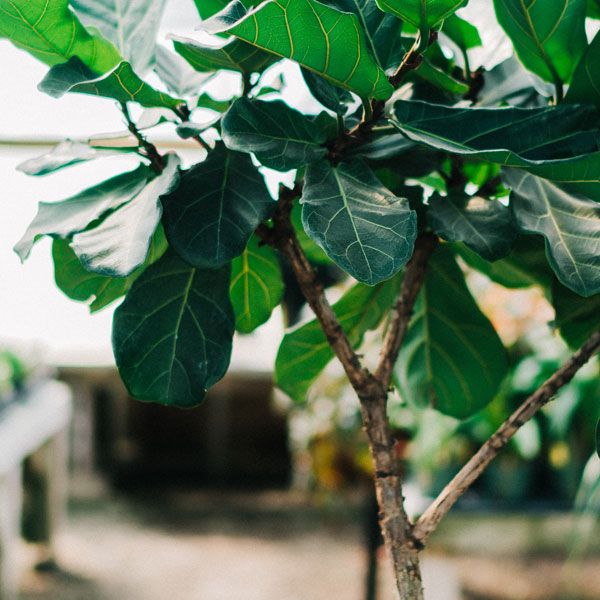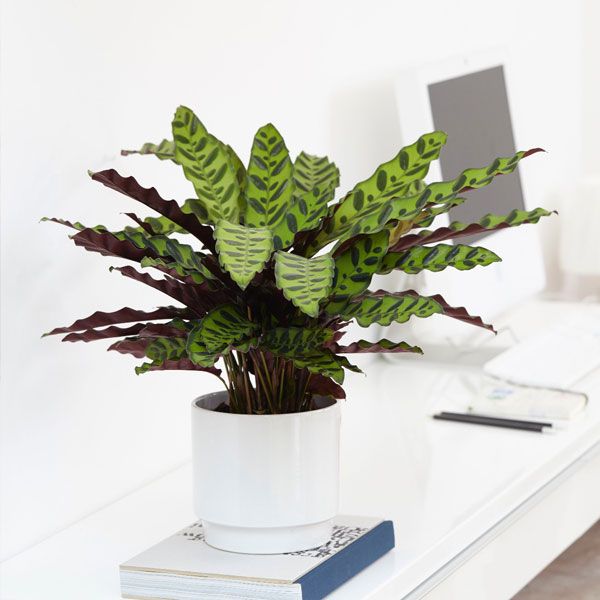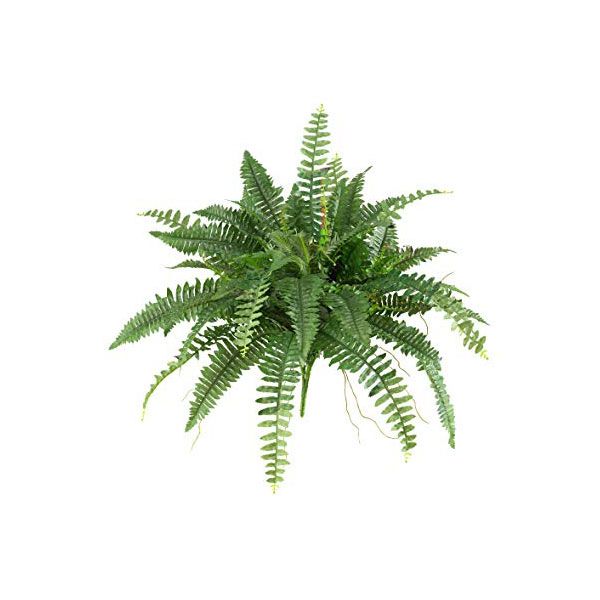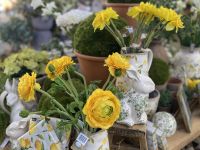Watering
A 5 minute read by Peter Worsp
Water is probably the most important factor in plant growth. Without water plants cannot function and will die. Water is required to replace that transpired out through the leaves. The nutrients in the soil are dissolved in water and transported up into the plant. For optimum growth the water should be freely available in adequate quantities. The video and article below explain watering in easy steps.
At a Glance
- When - September to May
- Methods – handheld wand, sprinklers, irrigation
- Other aids - mulching, shelter, Saturaid, water storage crystals
The Importance of Water
- If the soil is dry or plants cannot access water freely, growth will stop, plants will wilt and possibly die
- The availability of water to the plant is also affected by the soil type and condition
- Open, spongy textured soils rich in compost will hold water in a manner which plants can easily absorb
- Hence improving soils by adding compost also improves the availability of water
When to Water
- It is likely that gardens will require watering from October to May, while plants growing in containers will require watering almost daily (unless in rains) from September to June
- The best time to water is early morning or late afternoon. It is important to note that when watering in the late afternoon the plant foliage should be dry before nightfall to prevent development of diseases. Watering during the day is not necessarily harmful, but is wasteful as water evaporates very quickly
Methods of Watering
Hand watering
- This is best done with a soft spray rose head on a hose
- It applies a lot of water at a very low pressure ensuring the soil is not compacted and young plants are not damaged
- The water can be targeted to the base of flowering plants, thus avoiding damage to flowers
- Hand-watering also allows for more water to be applied to plants that need a lot, and less to others that need less
- Do not use adjustable cone sprays which are more suitable for hosing paths etc
Sprinklers
- This is a common and easy way to water the garden
- Sprinklers can sometimes damage flowers
- They can be wasteful as specific plants cannot be targeted
- However sprinklers are very flexible and convenient
- They are available in a range of types from fixed, rotating and oscillating types for watering rectangular areas
- Some sprinklers water larger areas with more even coverage, so choose a model to suit your needs
Fixed irrigation systems
- Sometimes referred to as micro irrigation, this is a low to medium pressure system which is installed permanently in the garden
- It has small sprinkler heads at fixed intervals
- Alternatively it can have drippers which deliver water direct to the root zone of plants or you can have a combination of sprinklers and drippers
- A fixed irrigation system is relatively inexpensive and has the major benefit of total convenience. Just turn on the tap and the garden is watered
Automation
- Fixed irrigation systems are often automated with a controller which turns the water on and off at pre set times
- There are also simple tap timers available which you turn on and set to turn off at the selected time
Better Results From Less Water
Water is becoming a more valuable resource which we must conserve. Aids to more efficient use of water in the garden are listed below.
- Mulching - spreading a layer of mulch on the surface will reduce the loss of water from the soil. The mulch can be granulated bark, shredded plant waste, compost, stones, or even plastic sheeting
- Shelter - plants exposed to wind will transpire more water. Therefore providing shelter for plants will reduce water loss
- Water storage granules - Crystal Rain and Waterwell are crystals, when added to the soil or potting mix absorbs many times their weight in water. This is held following rain and released as plants require it. In effect they increase the capacity of the soil to store water
- Wetting agents - products such as Saturaid, when added to the soil or potting mix, ensure that when water is applied it is absorbed and spread evenly through the soil or mix rather than being repelled or draining quickly away and not properly wetting the soil. Saturaid ensures rain or irrigation water is totally absorbed and not wasted.
For further information on watering refer to Yates Garden Guide or ask one of our garden advisers.
